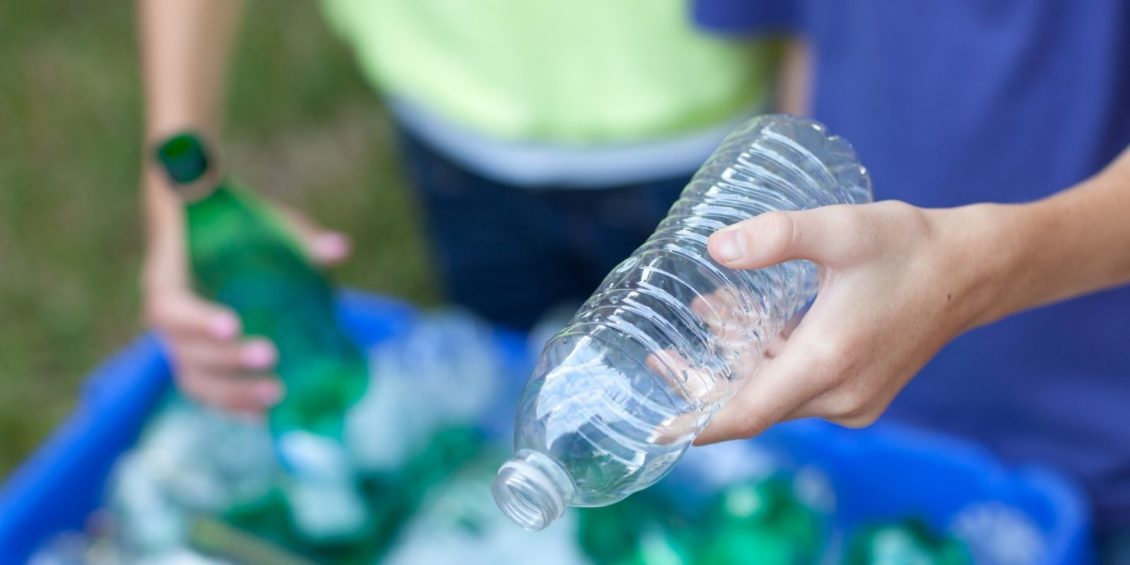Going green and becoming an eco-conscious individual usually starts with small steps taken at home. Simple things like buying reusable plates, spoons, forks, washcloths, linen, and more can help reduce the strain on our natural resources. Similarly, installing solar panels on the roof can also reduce the light consumption per home.
Most people start an eco-conscious living by simply assessing all the things around the house. Turning off extra lights, changing bulbs, switching to compostable garbage and more are small but quick steps towards a more eco-friendly life. Many youngsters get a reusable coffee cup on the go for quick refills, save money in buying new cups, and savour their coffee.
Sustainable ways of living offer more tremendous cost-saving and allow for a lifestyle change.
Let us look at a few ways you can be an eco-conscious individual.
Conserve Water And Electricity:
There is a lot of energy consumption in generating water and electricity. Small and easy steps like turning off water taps and faucets, fixing water leaks, pipes, and more can help conserve water. An excellent way to preserve electricity is to turn off the electricity in rooms, not in use. Individuals that move around from room to room in the house can switch off fans and lights when leaving the room. Not only does this help in conserving electricity, but also in saving money on the electricity bill per month.
Don’t Waste Food:
It takes time and energy to produce good quality fruits, veggies, and meats. There is also the cost of packaging and the material used to consider. It is best practice to only consume as much as needed and avoid wasting food. There are nearly 3.6 million tonnes of food wasted in the UK per year, with 4.7 million people living with food insecurity. Food waste can lead to severe wastage of natural resources. This is harmful because of the carbon dioxide released in landfills and detrimental to the pocket.
Compost:
Composting organic material helps make a natural fertiliser. Natural fertilisers can be used in the garden to grow fresh flowers and veggies. Many people wishing to turn towards sustainable and eco-conscious living prefer growing their own fruits and vegetables rather than depending on store-bought items. While several are unavoidable, eating natural and organic foods from your own veggie patch help reduce food waste going into landfills.
Recycle:
While we are sure you’ve heard this plenty of times, there is excellent stock in recycling. Nearly everything can be reused and recycled for multiple purposes. Homes are filled with things that can be recycled. Things like paper bags, straws, bedding and linen, containers, jars, coffee grounds, coffee cups, tea bags, and more can be recycled. Many of these things have multiple uses that can help in living an eco-conscious, sustainable life. Many gardeners will advise you to add some coffee grounds and tea leaves to the soil around potted plants to avoid insects and rodents from eating the produce.
Use LED Bulbs:
LED bulbs are more efficient in power use than regular bulbs. Conventional bulbs tend to use up a lot of electricity and are also cost-heavy. Traditional bulbs add to the light bill and do not allow for sustainable living. Homeowners should take steps to replace all the conventional bulbs with LED bulbs to preserve energy each month. LED bulbs are also longer lasting than the regular ones and need to be replaced less often. These bulbs are also available in different tones and hues and can change the interiors of the house.
Use Recyclable Thermal Insulation In The House:
Most individuals tend to crank up the heat in winters or turn on the air conditioning in summers but forget to insulate the house. Insulating the home helps conserve electricity and save money in the long term. Insulating the house helps keep it cool in the warm months and warm in the winter months. Also, replacing the central oil heating with air pumps can help conserve energy. Changing the coal boiler to a wood pellet boiler and so on are a few changes that can help insulate the house and preserve the ecology.
Make Few Lifestyle Changes:
Sustainable touches around the house and a few lifestyle changes can help turn the trend from destruction to eco-friendliness. Buying an electric car or opting to cycle to work can help improve health and save money. Buying repurposed clothes, using wood-handle toothbrushes, reducing paper use and opting for soft copies, using renewable energy as much as possible, and so on can help start the process to become an eco-conscious individual.








Leave a Reply
View Comments